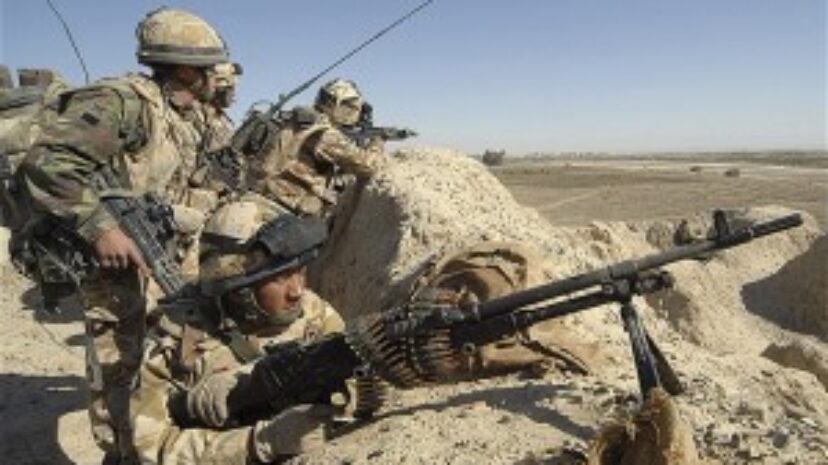Gurkhas and the term Mercenary
Gurkhas are currently recruited into the British Army under the ‘Tripartite Agreement’ reached freely and honourably between the Governments of Nepal, India and the United Kingdom in 1947. They are regular soldiers in the Armed Forces of all three countries. There are some 3,400 Gurkhas in the British Army today.
The Brigade of Gurkhas is a fully integrated part of the British Armed Forces, and Gurkhas perform the same duties as other units at home and abroad in defence of the United Kingdom.
‘Protocol 1 of 1977 (not yet ratified by the United Kingdom) Additional to the 1949 Geneva Conventions’ contains the only internationally agreed definition of a ‘mercenary’ This definition excludes anyone who “is a member of the Armed Forces of a party to the conflict”, thereby effectively excluding Gurkhas in the British and Indian Armies.
The United Nations General Assembly has been considering for some years a possible draft convention against mercenaries, and its definition is likely to be closely modeled on that of the 1977 Additional Protocol, In fact the practice of service in the Armed Forces of a State of which a serviceman is not a national is fairly widespread, and, in addition, many countries send Loan Service personnel and contract officers abroad to work legitimately in the Armed Forces of other States.
Historically the term ‘mercenary’ often conjures up the image of an honourable calling, as portrayed in A E Houseman’s poem ‘Epitaph on an Army of Mercenaries’. Latterly it has come to be used pejoratively to represent a disreputable profession, sullied by events in such places as the Congo. However. whatever the perspective, it is clear that the term ‘mercenary’ is not a valid description of the Gurkha soldier in the British Army. It is a term resented by the Government of Nepal and one which we undertake under the Tripartite Agreement not to allow to be used.

Find out more about our history with the Gurkha Museum


